The Best Health Care ETFs to Buy
Health care ETFs can provide lower volatility while diversifying across a variety of medical industries.


Profit and prosper with the best of Kiplinger's advice on investing, taxes, retirement, personal finance and much more. Delivered daily. Enter your email in the box and click Sign Me Up.
You are now subscribed
Your newsletter sign-up was successful
Want to add more newsletters?

Delivered daily
Kiplinger Today
Profit and prosper with the best of Kiplinger's advice on investing, taxes, retirement, personal finance and much more delivered daily. Smart money moves start here.

Sent five days a week
Kiplinger A Step Ahead
Get practical help to make better financial decisions in your everyday life, from spending to savings on top deals.

Delivered daily
Kiplinger Closing Bell
Get today's biggest financial and investing headlines delivered to your inbox every day the U.S. stock market is open.

Sent twice a week
Kiplinger Adviser Intel
Financial pros across the country share best practices and fresh tactics to preserve and grow your wealth.

Delivered weekly
Kiplinger Tax Tips
Trim your federal and state tax bills with practical tax-planning and tax-cutting strategies.

Sent twice a week
Kiplinger Retirement Tips
Your twice-a-week guide to planning and enjoying a financially secure and richly rewarding retirement

Sent bimonthly.
Kiplinger Adviser Angle
Insights for advisers, wealth managers and other financial professionals.

Sent twice a week
Kiplinger Investing Weekly
Your twice-a-week roundup of promising stocks, funds, companies and industries you should consider, ones you should avoid, and why.

Sent weekly for six weeks
Kiplinger Invest for Retirement
Your step-by-step six-part series on how to invest for retirement, from devising a successful strategy to exactly which investments to choose.
Among the S&P 500's 11 major sectors, three are widely considered "defensive" — utilities, consumer staples and health care — thanks to the inelastic demand for the goods and services they provide. Elasticity refers to how sensitive consumer demand is to changes in price.
For the aforementioned sectors, demand for services and products remains fairly constant regardless of economic conditions, helping companies maintain stable earnings and making their stocks less volatile during downturns.
But among the three, only the health care sector pairs that stability with significant long-term innovation and growth potential. From biotech breakthroughs and aging populations to advancements in diagnostics and personalized medicine, the sector offers more than just downside protection; it also provides exposure to transformative change.
Why buy health care ETFs?
Investing in health care through individual stocks exposes you to idiosyncratic, uncompensated risks, meaning risks tied to one company or sub-industry that don't offer higher returns in exchange.
That's because health care isn't a single industry but a complex ecosystem made up of six major subgroups, each with its own structural challenges.
Take biotech. It's known for high volatility because the success of these health care stocks hinges on clinical trials, many of which fail. Companies in this space tend to be boom or bust, and their stock prices reflect that.
Pharmaceutical companies face their own problems, most notably the patent cliff: a sharp drop in revenue that happens when a top-selling drug loses patent protection and generic competitors flood the market. That can wipe out billions in sales in a short time.
Health care providers and services, such as hospitals and insurers, are heavily exposed to regulatory risk and public scrutiny, especially following events like the assassination of Brian Thompson, CEO of UnitedHealth Group's (UNH) insurance unit, in 2024, which reignited debates about the industry's practices.
More stable segments do exist. For instance, medical equipment suppliers and life science toolmakers tend to fly under the radar but offer steady growth with less drama.
That's why using health care ETFs makes sense. It spreads your exposure across all of these sub-industries that don't always move in tandem. When one segment stumbles, another may outperform, giving you a smoother ride and broader access to both stability and innovation.
How we chose the best health care ETFs to buy
To narrow the field, we focused only on broad health care-sector ETFs. That means we excluded more niche funds that home in on specific industries such as biotech, pharmaceuticals or medical tools.
We also left out leveraged and inverse ETFs, which are typically geared toward short-term traders, not long-term investors.
From there, we used the standard trio of fees, liquidity and reputability to evaluate our picks:
Fees: There's little reason to pay more than 50 basis points (0.5%) in annual expenses for a sector ETF in 2025, especially when many charge a fraction of that.
Liquidity: The best ETFs should be easy to trade. That means a tight 30-day median bid-ask spread to minimize implicit costs when buying or selling shares.
Reputability: We gave preference to health care ETFs from established asset managers with strong track records and funds that have enough assets under management (AUM) to avoid risk of closure due to low investor interest.

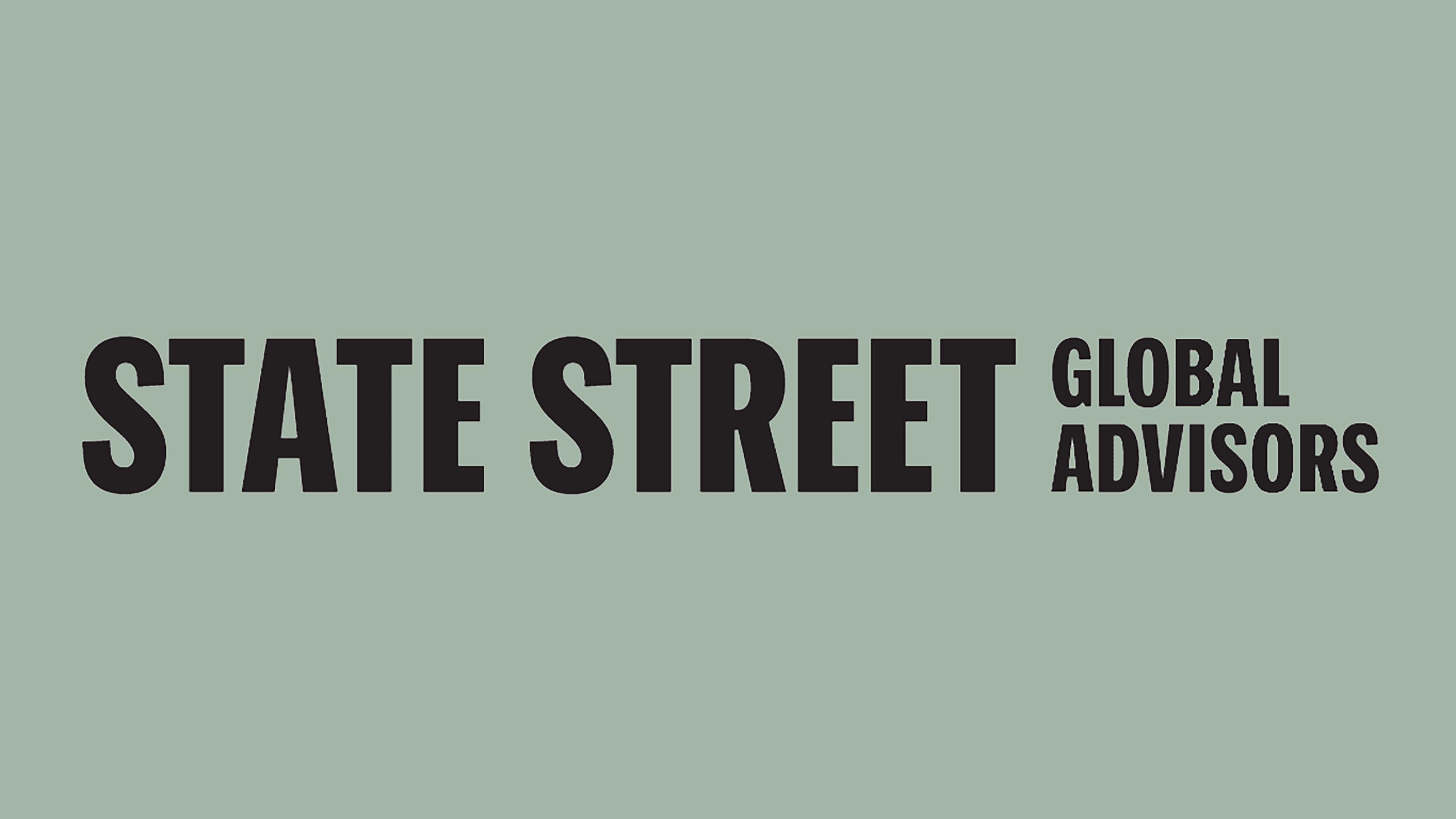
Health Care Select Sector SPDR Fund
- Assets under management: $34 billion
- Expense ratio: 0.08%, or $8 annually for every $10,000 invested
- 30-day median bid-ask spread: 0.01%
- Dividend yield: 1.7%
The Health Care Select Sector SPDR Fund (XLV) offers large-scale, low-cost exposure to the sector by tracking a basket of 62 large and mid-cap health care companies drawn from the S&P 500 Index.
Because it's market cap-weighted, the biggest names — Eli Lilly (LLY), UnitedHealth Group, and Johnson & Johnson (JNJ) — carry the most influence. That inclusion of these sector leaders makes XLV one of the best health care ETFs for investors seeking broad exposure to blue chip stocks with high liquidity and minimal fees. It also has options available.
Learn more about XLV at the State Street Global Advisors provider site.
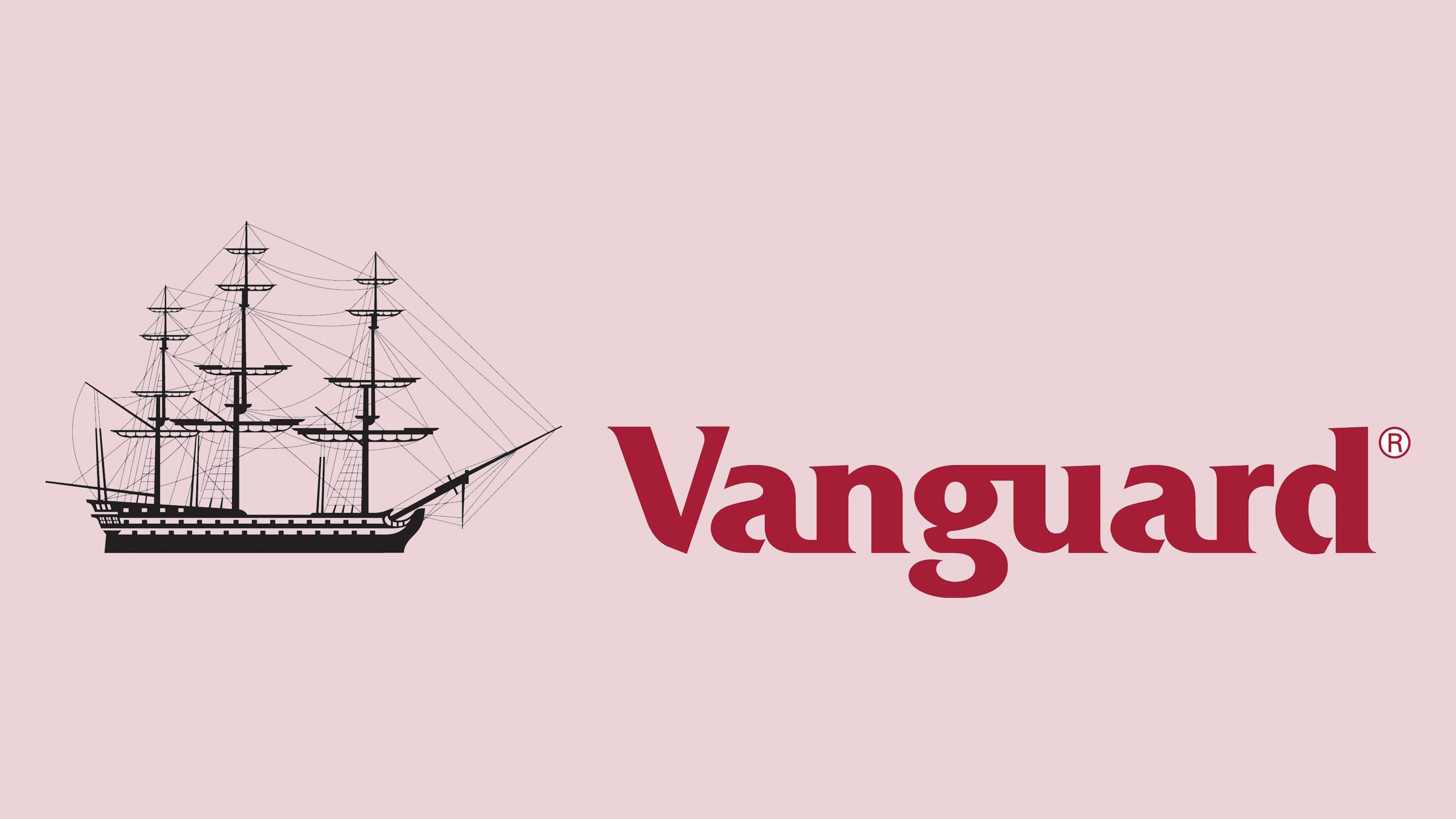
Vanguard Healthcare ETF
- Assets under management: $17 billion
- Expense ratio: 0.09%
- 30-day median bid-ask spread: 0.04%
- Dividend yield: 1.6%
The Vanguard Health Care ETF (VHT) offers more comprehensive coverage of the health care sector than most peers, with a portfolio of 408 companies.
It tracks the MSCI US Investable Market Health Care 25/50 Index, which includes not just large caps but also a healthy mix of mid- and small-cap stocks.
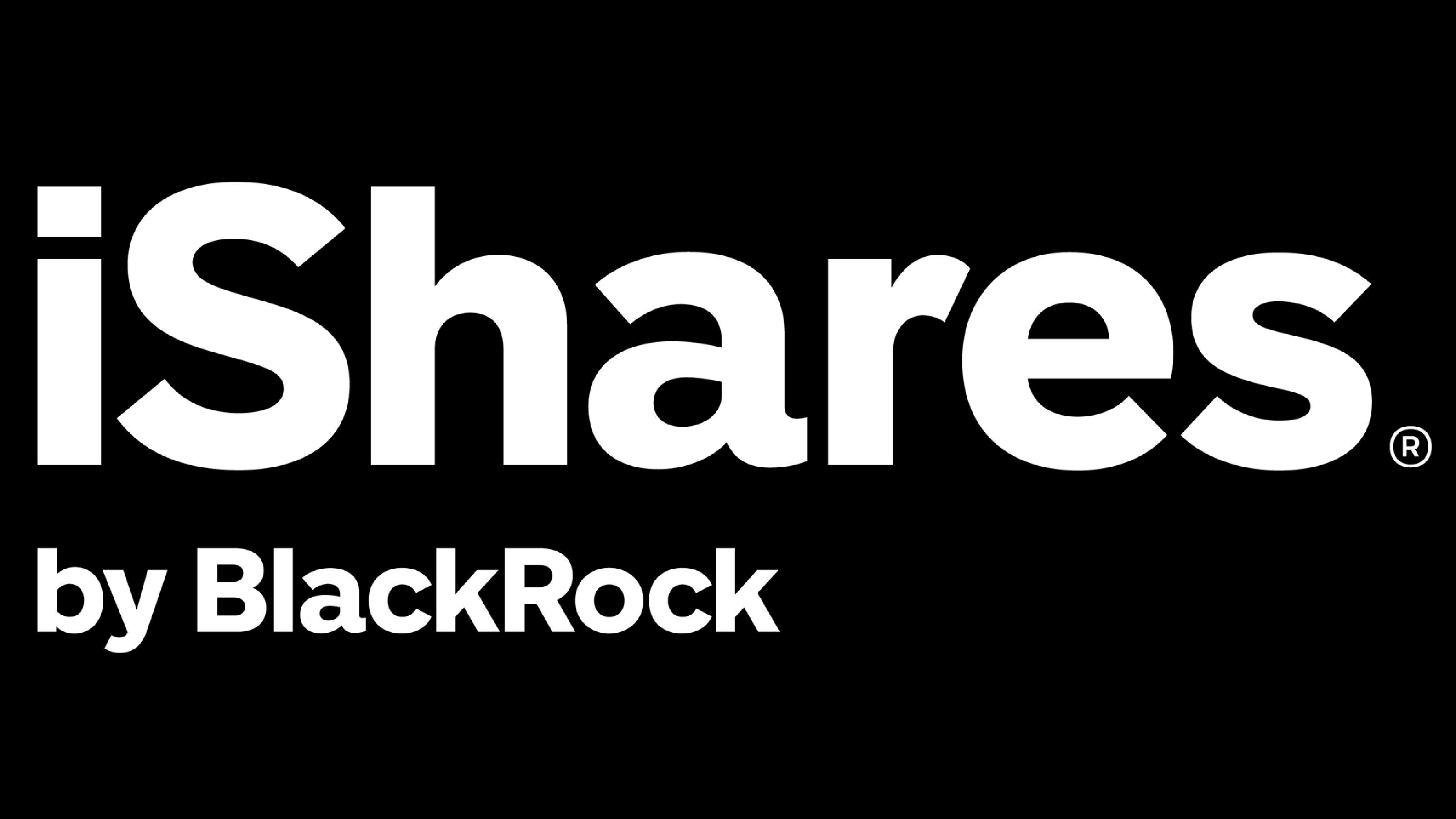
iShares Global Healthcare ETF
- Assets under management: $3.8 billion
- Expense ratio: 0.4%
- 30-day median bid-ask spread: 0.06%
- Dividend yield: 1.6%
The iShares Global Healthcare ETF (IXJ) tracks the S&P Global 1200 Healthcare Sector Index, offering true global diversification in health care. That means exposure not only to U.S. names but also to European pharma giants such as Roche Holding (RHHBY), Novo Nordisk (NVO), AstraZeneca (AZN) and Novartis AG (NVS), all of which are missing from the S&P 500.
The trade-off is cost: IXJ carries an expense ratio that's four times higher than the low-cost U.S.-focused health care ETFs. It also has a wider bid-ask spread.
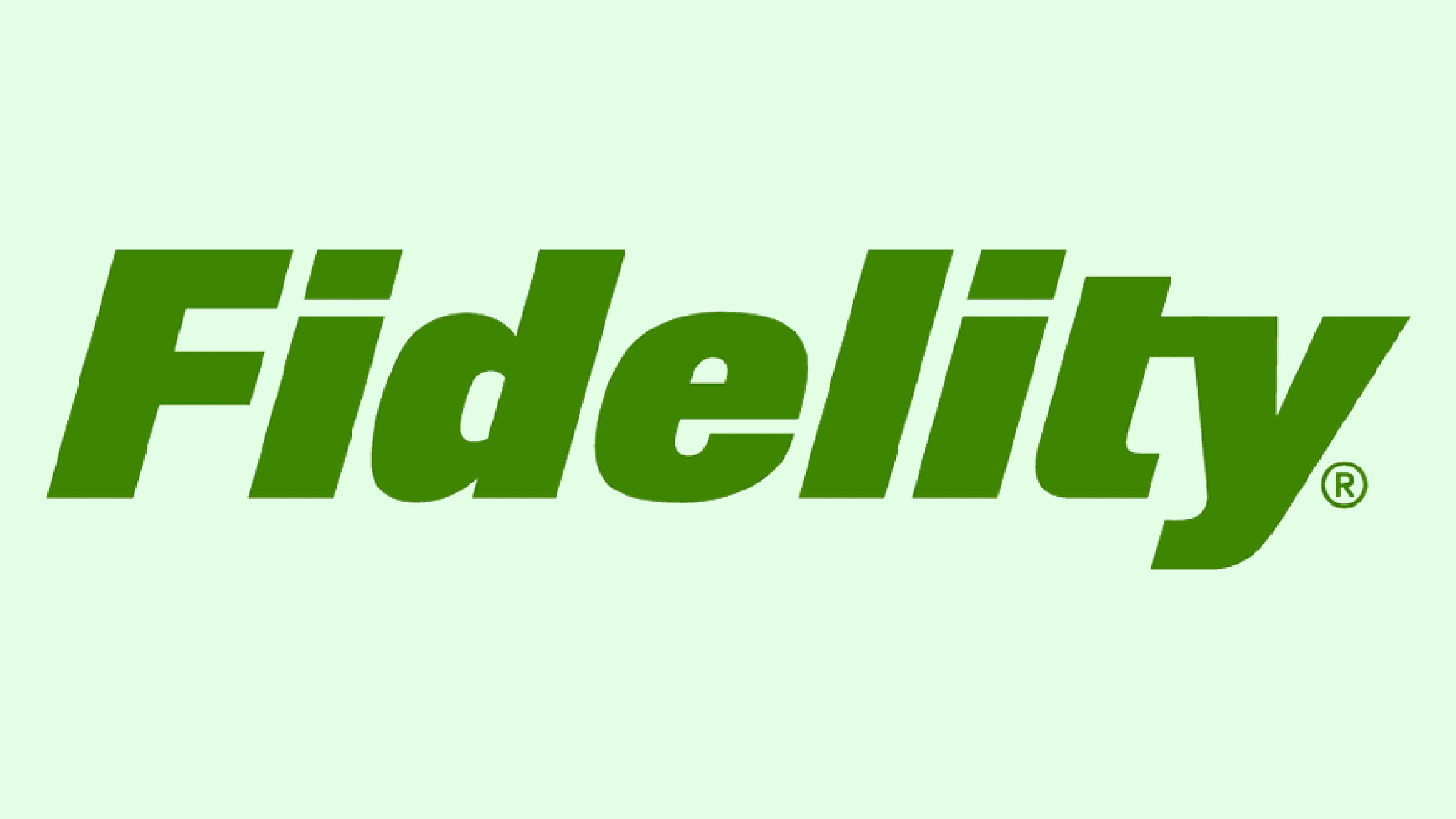
Fidelity MSCI Health Care Index ETF
- Assets under management: $2.5 billion
- Expense ratio: 0.08%
- 30-day median bid-ask spread: 0.03%
- Dividend yield: 1.6%
The Fidelity MSCI Health Care Index ETF (FHLC) tracks the MSCI USA IMI Health Care 25/50 Index, with "IMI" standing for Investable Market Index.
That means it includes 324 small-, mid-, and large-cap health care stocks, though it's still market cap-weighted, so about 57% of the portfolio skews large cap.
With a similar group of top holdings and fee structure to VHT and XLV but a slightly different benchmark, FHLC can serve as an effective tax-loss harvesting partner for either.
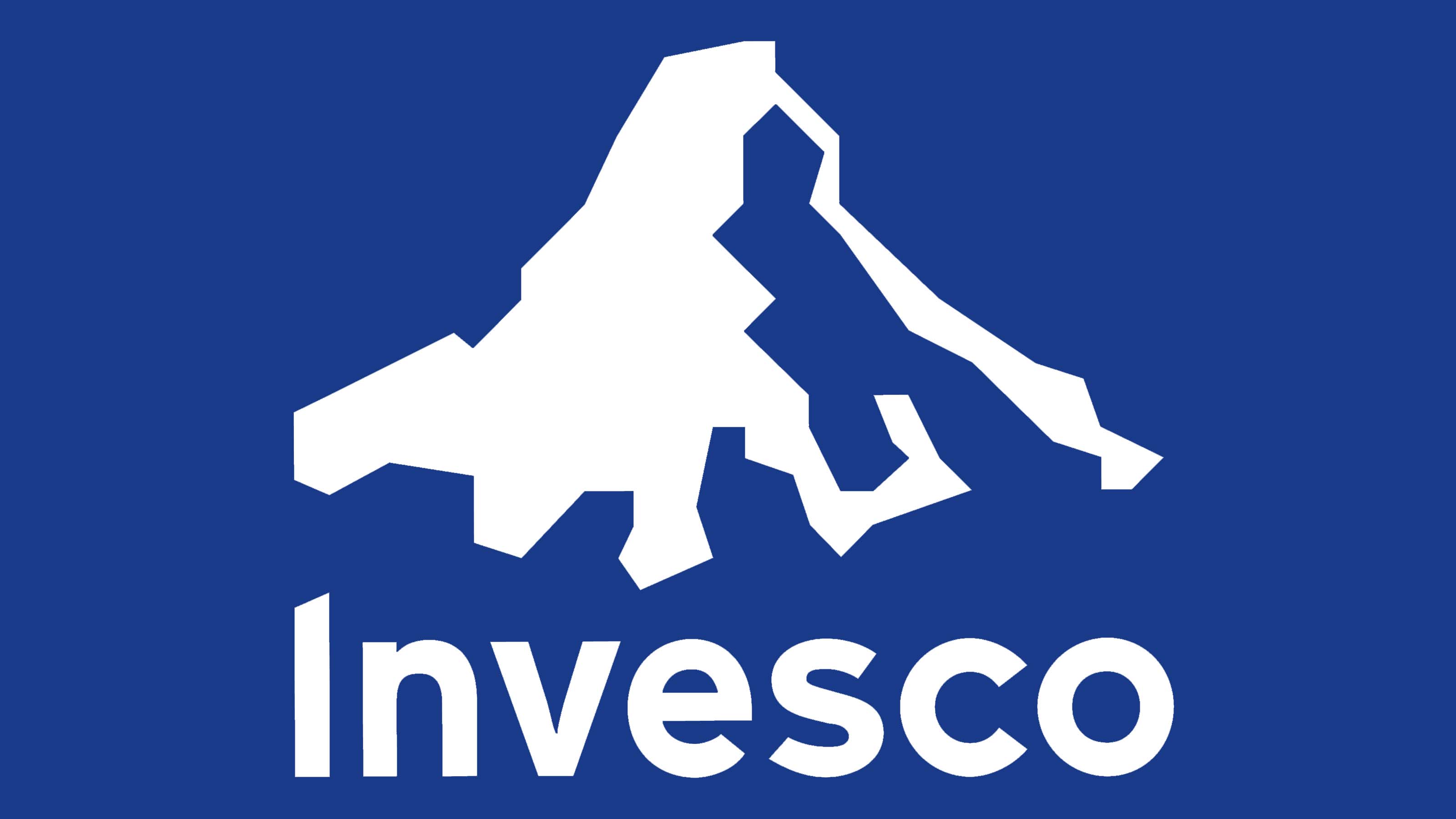
Invesco S&P 500 Equal Weight Health Care ETF
- Assets under management: $709.1 million
- Expense ratio: 0.4%
- 30-day median bid-ask spread: 0.14%
- Dividend yield: 0.8%
The Invesco S&P 500 Equal Weight Health Care ETF (RSPH) holds the same portfolio of 61 health care stocks as XLV, but instead of weighting them by market cap, it follows the S&P 500 Equal Weight Health Care Index.
That means each company receives the same weight at each rebalance, regardless of size. This offers a less top-heavy way to invest in health care, though it does come with a higher fee, wider spread and lower yield than its market cap-weighted peers.
Learn more about RSPH at the Invesco provider site.
Related content
Profit and prosper with the best of Kiplinger's advice on investing, taxes, retirement, personal finance and much more. Delivered daily. Enter your email in the box and click Sign Me Up.
Tony started investing during the 2017 marijuana stock bubble. After incurring some hilarious losses on various poor stock picks, he now adheres to Bogleheads-style passive investing strategies using index ETFs. Tony graduated in 2023 from Columbia University with a Master's degree in risk management. He holds the Certified ETF Advisor (CETF®) designation from The ETF Institute. Tony's work has also appeared in U.S. News & World Report, USA Today, ETF Central, The Motley Fool, TheStreet, and Benzinga. He is the founder of ETF Portfolio Blueprint.
-
 How Much It Costs to Host a Super Bowl Party in 2026
How Much It Costs to Host a Super Bowl Party in 2026Hosting a Super Bowl party in 2026 could cost you. Here's a breakdown of food, drink and entertainment costs — plus ways to save.
-
 3 Reasons to Use a 5-Year CD As You Approach Retirement
3 Reasons to Use a 5-Year CD As You Approach RetirementA five-year CD can help you reach other milestones as you approach retirement.
-
 Your Adult Kids Are Doing Fine. Is It Time To Spend Some of Their Inheritance?
Your Adult Kids Are Doing Fine. Is It Time To Spend Some of Their Inheritance?If your kids are successful, do they need an inheritance? Ask yourself these four questions before passing down another dollar.
-
 The 4 Estate Planning Documents Every High-Net-Worth Family Needs (Not Just a Will)
The 4 Estate Planning Documents Every High-Net-Worth Family Needs (Not Just a Will)The key to successful estate planning for HNW families isn't just drafting these four documents, but ensuring they're current and immediately accessible.
-
 Love and Legacy: What Couples Rarely Talk About (But Should)
Love and Legacy: What Couples Rarely Talk About (But Should)Couples who talk openly about finances, including estate planning, are more likely to head into retirement joyfully. How can you get the conversation going?
-
 How to Get the Fair Value for Your Shares When You Are in the Minority Vote on a Sale of Substantially All Corporate Assets
How to Get the Fair Value for Your Shares When You Are in the Minority Vote on a Sale of Substantially All Corporate AssetsWhen a sale of substantially all corporate assets is approved by majority vote, shareholders on the losing side of the vote should understand their rights.
-
 Dow Leads in Mixed Session on Amgen Earnings: Stock Market Today
Dow Leads in Mixed Session on Amgen Earnings: Stock Market TodayThe rest of Wall Street struggled as Advanced Micro Devices earnings caused a chip-stock sell-off.
-
 How to Add a Pet Trust to Your Estate Plan: Don't Leave Your Best Friend to Chance
How to Add a Pet Trust to Your Estate Plan: Don't Leave Your Best Friend to ChanceAdding a pet trust to your estate plan can ensure your pets are properly looked after when you're no longer able to care for them. This is how to go about it.
-
 Want to Avoid Leaving Chaos in Your Wake? Don't Leave Behind an Outdated Estate Plan
Want to Avoid Leaving Chaos in Your Wake? Don't Leave Behind an Outdated Estate PlanAn outdated or incomplete estate plan could cause confusion for those handling your affairs at a difficult time. This guide highlights what to update and when.
-
 I'm a Financial Adviser: This Is Why I Became an Advocate for Fee-Only Financial Advice
I'm a Financial Adviser: This Is Why I Became an Advocate for Fee-Only Financial AdviceCan financial advisers who earn commissions on product sales give clients the best advice? For one professional, changing track was the clear choice.
-
 Nasdaq Slides 1.4% on Big Tech Questions: Stock Market Today
Nasdaq Slides 1.4% on Big Tech Questions: Stock Market TodayPalantir Technologies proves at least one publicly traded company can spend a lot of money on AI and make a lot of money on AI.

